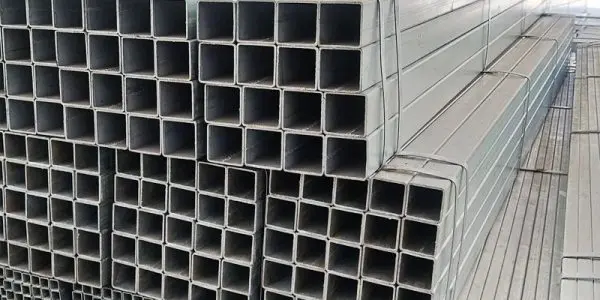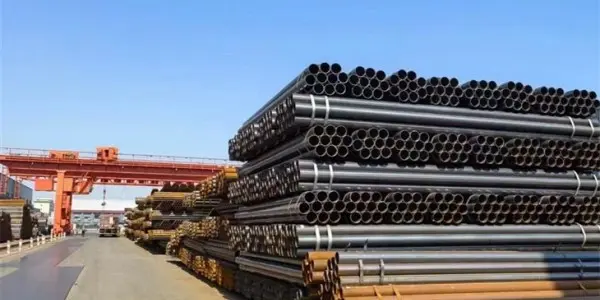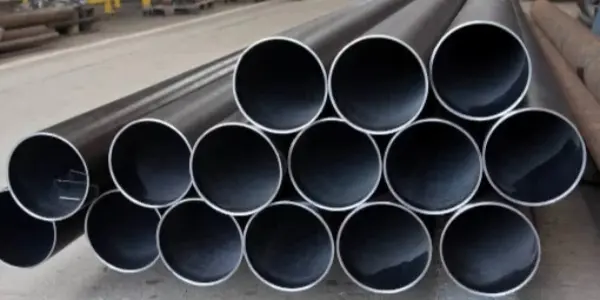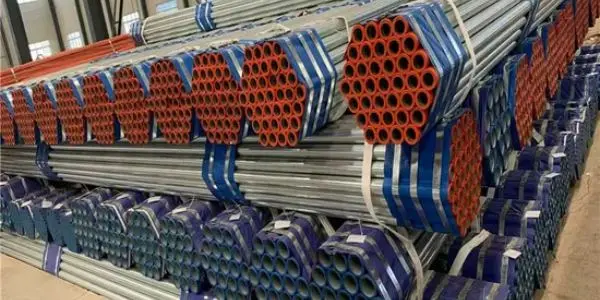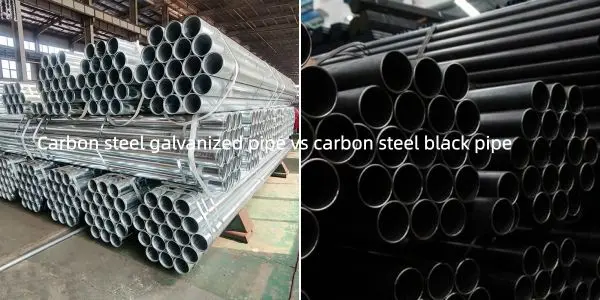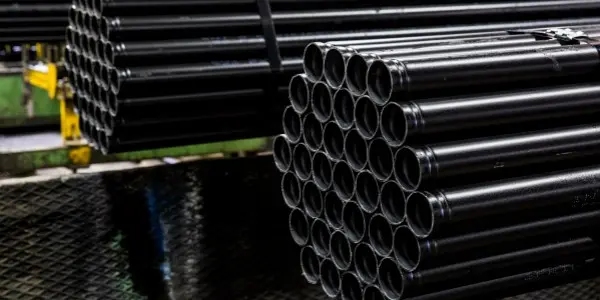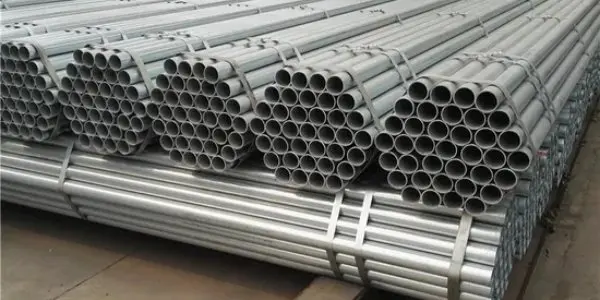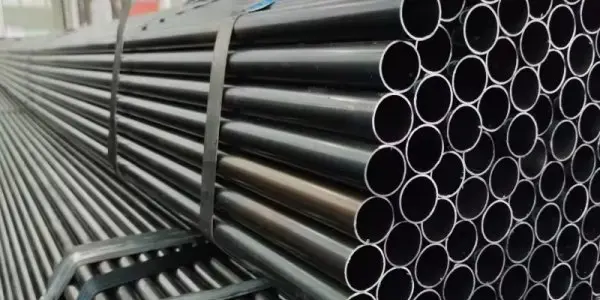-
Introduction to square tube wall thickness
Square tubes (SHS steel) are widely used in structural engineering, manufacturing, machinery, and architectural applications. Among all their specifications, wall thickness is one of the most critical parameters, directly influencing strength, stability, weight, cost, and long-term performance.
Read More
-
Square and rectangular tubes thickness selection
Square tubes and rectangular tubes—also known as cold-formed hollow structural sections—are widely used in construction, machinery, and fabrication. Among all parameters, wall thickness (Square & Rectangular Tube Thickness) is one of the most critical indicators that directly determines mechanical performance, service life, and cost.
Read More
-
What is the equivalent materails of JIS G 3452?
As global engineering projects continue to expand, the need for seamless alignment between different national steel pipe standards has become increasingly important. To support our customers in selecting the right materials, we have compiled the latest comparison of JIS G 3452 (Carbon Steel Pipes for Ordinary Piping) with several widely used international standards. This reference aims to simplify material selection and enhance procurement efficiency for global projects.
Read More
-
JIS G3452 carbon steel pipe dimension
JIS G3452 is a standard for ordinary-purpose carbon steel tubes manufactured by ERW (electric resistance welding) or BW (butt welding). It is commonly used in water supply and drainage systems for conveying water and other non-corrosive liquids or gases. This article will introduce the specified dimensions of JIS G3452 pipes.
Read More
-
Top 8 seamless steel pipe manufacturers recommended in 2025
With the rapid growth of high-end manufacturing, new energy, and infrastructure industries, seamless steel pipes, often referred to as the “blood vessels” of modern industry, are witnessing a steady increase in demand for high precision and customized solutions. This article will introduce Top 8 seamless steel pipe manufacturers recommended in 2025.
Read More
-
API 5L GR.B galvanized seamless steel pipe
API 5L GR.B galvanized seamless steel pipe is an essential material for modern fluid transportation systems, widely used in oil pipelines, natural gas pipelines, and industrial process lines. With its internal and external hot-dip galvanizing process, high zinc coating, and smooth, scratch-free surface, this steel pipe delivers superior corrosion resistance and excellent flow efficiency—ensuring safety, reliability, and durability across complex operating environments.
Read More
-
Carbon steel galvanized pipe vs carbon steel black pipe
Carbon steel black pipe is made from uncoated carbon steel. Its dark surface results from a thin layer of iron oxide formed during manufacturing. When the steel is heated and forged, a black scale naturally appears, creating the distinctive finish typical of black pipes. Carbon steel galvanized pipe is coated with a protective layer of zinc. During the galvanizing process, the pipe is dipped into molten zinc to form a uniform, corrosion-resistant coating. This zinc barrier extends the pipe’s lifespan and enhances its resistance to rust and wear.
Read More
-
Black steel pipe dimensions chart
Choosing the right black steel pipe is essential to ensure both safety and efficiency in any project. Professionals often rely on dimension charts to easily select the appropriate pipe size. By understanding key parameters such as diameter, wall thickness, and weight, you can effectively prevent fitting issues in construction or industrial applications. This comprehensive guide covers everything you need to know about black steel pipe sizes, featuring a clear size chart and simple examples to help you choose the most suitable pipe for your specific project.
Read More
-
Galvanized seamless pipe for gas pipelines
Galvanized seamless pipes are among the most commonly used materials in gas transmission systems, valued for their durability, corrosion resistance, and safety. With their unique performance advantages, they play an indispensable role in modern gas engineering. This article provides a comprehensive overview of galvanized seamless pipes, covering their definition, characteristics, applications, advantages, and development trends.
Read More
-
Steel grades of carbon steel pipes
Carbon steel pipes are valued across industries for their strength, reliability, and affordability. To choose the most suitable product, it’s essential to understand the different steel grades and how their properties affect performance. This article outlines common grade classifications, key standards, typical application areas, and practical selection advice.
Read More

 English
English Español
Español




 Tel : +86-18565811709
Tel : +86-18565811709 Email :
Email : 

